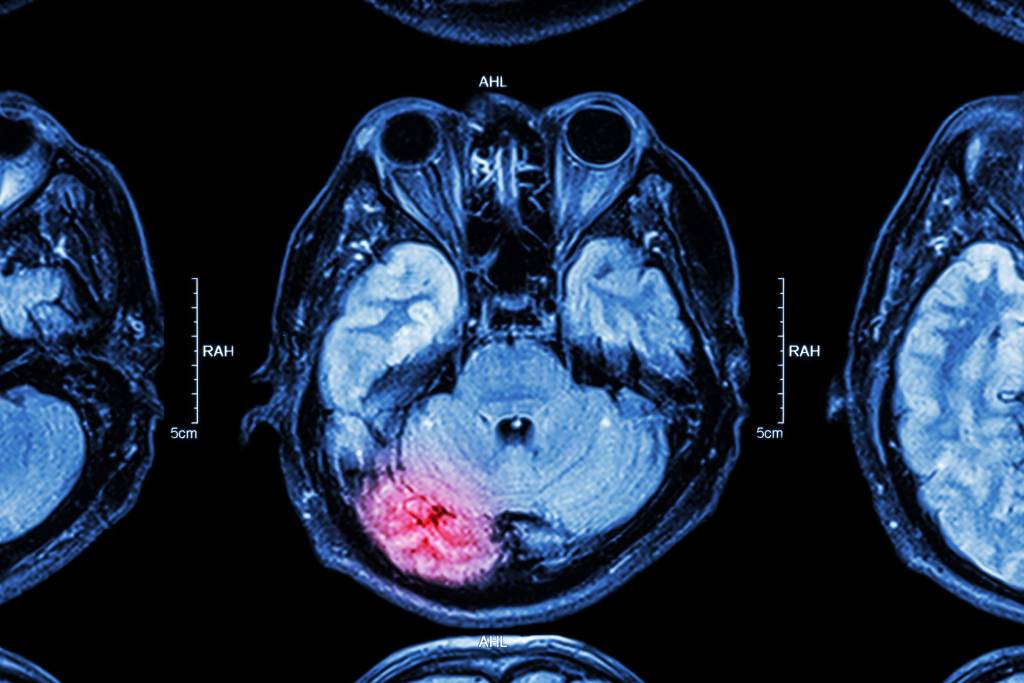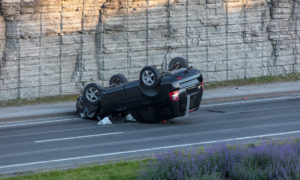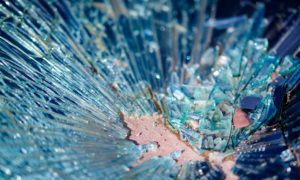Signs You May Have Suffered a Brain Injury and Your Rights to Compensation

A traumatic brain injury, commonly referred to as just a TBI, typically occurs when someone suffers a blow to their head or their body, which then causes the brain to “jiggle” in their head. A TBI is one of the most serious injuries that can occur, and in many cases, the symptoms of this injury don’t even appear until several days after the accident.
If you have recently been involved in a trip and fall accident, car accident, or another type of accident, you may have experienced a brain injury. It’s important to remember you may suffer a brain injury even if the blow didn’t directly impact your head.
Mild Brain Injuries
If you have suffered a mild brain injury, you may or may not blackout directly after the accident. If you don’t, you may still feel confused or dazed. If you happened to lose consciousness, you likely woke up within a few minutes or seconds.
Some of the other signs of a mild brain injury include:
- Depression
- Headache
- Mood swings
- Fatigue
- Trouble concentrating
- Vomiting
- Impaired memory
- Sleep impairment
- Dizziness
- Slurred speech
- Loss of coordination or balance
- Ringing in the ears or blurred vision
Moderate to Severe TBIs
If a more serious TBI occurs, it’s going to be more challenging to recover from. What’s not surprising is that the symptoms are more severe, too. Most obvious, someone who is suffering from a moderate or a more severe TBI will lose consciousness for a much longer period of time, for example, several minutes or hours. Other people may stay in a coma for days or even weeds. Some victims may experience a profound state of confusion when they wake up.
Some of the other symptoms of a moderate or severe TBI include the following:
- Slurred speech
- Persistent headaches
- Unusual behaviours like combativeness and aggression
- Numbness in the limbs
- Fluid that drains from your nose or ears
- Issues waking up when asleep
- Pupil dilation
- Seizures or convulsions
- Nausea or vomiting that doesn’t go away
Brain Injuries in Children
After suffering a brain injury, children often show different symptoms. For example, your child may exhibit some of the following issues, such as:
- Sadness or depression
- Crankiness
- Changes in attention
- Changed eating habits
- No interest in favourite hobbies or games
- Drowsiness
- Seizures
- Changed eating habits
It’s important to seek medical care if your child has suffered this injury, as the condition will continue getting worse without medical intervention.
Call for Legal Assistance
If you believe you or someone in your family, including a child, has suffered a brain injury due to someone else’s wrongful act or negligence, contact a personal injury attorney. Brain injuries can require life long care and an experienced attorney will fight to get you the compensation you need to cover expenses.




















